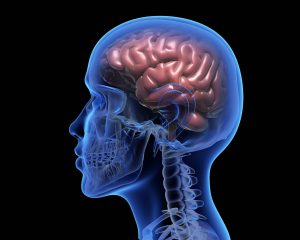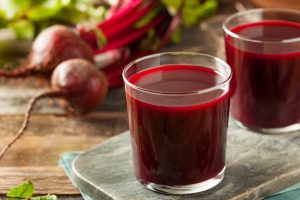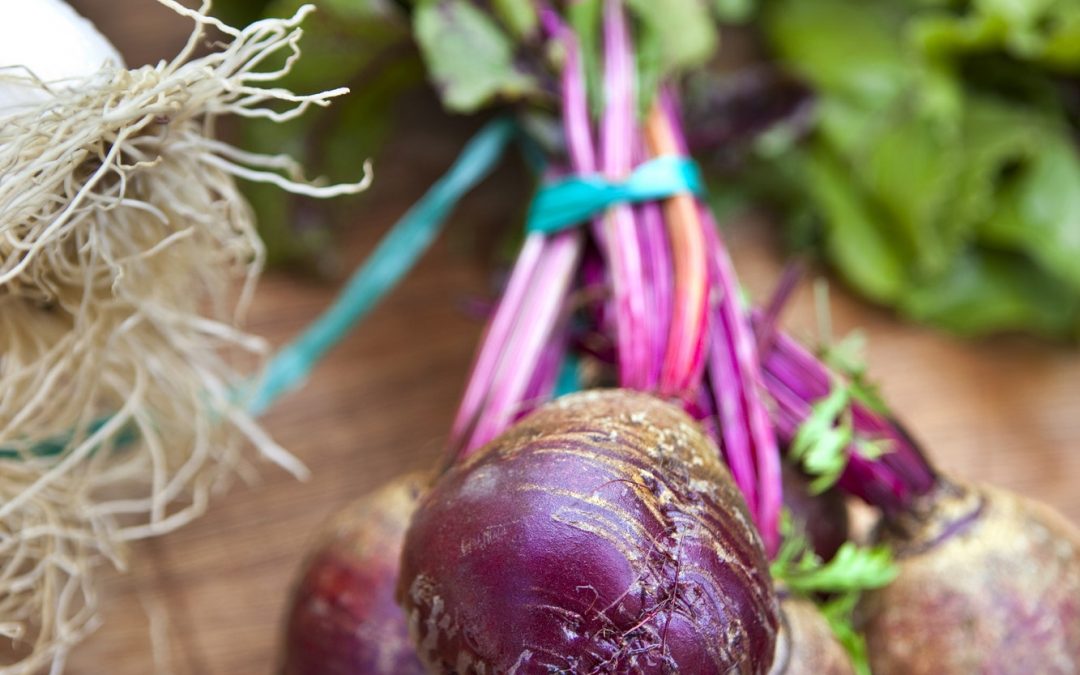Unbeatable
Beets are rich with vitamins and minerals, fiber, protein, and have several health benefits. They can help you lower your blood pressure, enhance your athletic performance, stall brain degeneration, lose weight, and more. They can be eaten in a variety of ways (even as a tasty supplement) and are inexpensive. Beets can help you:
Lower Your Blood Pressure
High blood pressure can be risky. It is a leading cause of heart disease, including heart attacks and strokes. One way you can combat high blood pressure is quite simple: include beets in your diet.
Beets contain phyto-nitrates. These are not the dangerous sodium nitrates you hear about, a carcinogenic chemical used as a preservative in processed foods. Phyto-nitrates are converted to nitric oxide when eaten. This opens up blood vessels, improves blood flow, and signals to artery walls to relax. All of that is key in lowering your blood pressure. Studies show beets can lower blood pressure in a matter of hours. [1] [2] [3]
Boost Your Athletic Performance
Nitrates help with more than just lowering blood pressure. Many athletes give their performance a boost with beets, increasing their stamina and endurance. Here’s how it works: Nitrates improve the efficiency of mitochondria, crucial to the energy of your cells and you. It also helps your body make better use of oxygen and recover from intense physical activity. [4] [5] [6]
With increased ability to use oxygen, beets can help athletes lengthen time to exhaustion. One group of cyclists took 17 ounces (500 ml) of beetroot juice before a competition and found their time-trial performance was enhanced by 2.8% of 2.5 miles (4 km) and by 2.7% of a 10-mile (16.1 km) trial. [7] Why not give beets a chance to give an edge to your race, workout, or game?

Stall Brain Degeneration
A lack of oxygen supply and decreased blood flow to the brain is a leading factor that can lead to mental decline. Nitrates found in beets can increase blood flow to the brain, particularly to the frontal lobe, by opening up the blood vessels. Keep your oxygen and blood flowing, and your brain going, simply by adding beets to your diet. [8] [9]

Fortify with Vitamins and Minerals
Beets are mineral mine. They contain potassium, magnesium, iron, copper, and phosphorus. They are also rich in vitamins A, B, and C. Not to mention they are high in protein, fiber, and contain organic nitrates in their unique purple pigment. [10]
Fight Harmful Cells with Antioxidants
The antioxidant found in beets, beta-cyanine, is a powerful one. Antioxidants are helpful for stabilizing free radical molecules, which can cause damage to other molecules in your body. Beta-carotene is also found in the flesh and peel of beets. Though more research is needed, it is likely that these antioxidants can help prevent certain cancers. Test tube and animal studies have showed reduced growth of cancer cells. [11] [12]

Ease Joint Pain
Pigments in beets known as betalians may contain anti-inflammatory properties. This is benefiical for various organs and parts of your body, including your cardiovascular system. [13] One cause of joint pain and osteoarthritis is inflamed or swollen joints, so an anti-inflammatory can reduce that pain. One study shows that consuming betalians reduced the pain of patients with osteoarthritis. They could help you, too. [14]

Stabilize Digestion and Maintain a Healthy Weight
Beets are also a great source of fiber, which can be helpful to your digestion. Why is fiber important? Fiber is unique in that it is able to bypass digestion and goes straight to the colon. There it feeds friendly gut bacteria or can add bulk to stool. Dietary fiber can be very helpful for those experiencing constipation, IBD, and diverticulitis. [15] [16] Beets can also be helpful in maintaining a healthy weight. Because of they are high in fiber, have a high water content, and contain moderate amounts of protein, they help you feel full and eat less. [17]

Ways to Include Beets in Your Diet:
- Put beets in your salad [example recipes]
- Make beet juice
- Include beets in your smoothie
- Discover beet hummus
Beetroot can also be taken as a supplement for convenience. You can add it to a smoothie or easily mix with water. Click here to get these benefits and more!
Resources:
- https://www.ncbi.nlm.nih.gov/pubmed/18250365
- https://www.ncbi.nlm.nih.gov/pubmed/23884387https://
- www.ncbi.nlm.nih.gov/pubmed/23231777
- https://www.ncbi.nlm.nih.gov/pubmed/21284982
- https://www.ncbi.nlm.nih.gov/pubmed/19661447
- https://www.ncbi.nlm.nih.gov/pubmed/20466802
- https://www.ncbi.nlm.nih.gov/pubmed/21471821)
- https://www.ncbi.nlm.nih.gov/pmc/articles/PMC4425174/
- https://www.ncbi.nlm.nih.gov/pubmed/20951824
- https://www.healthline.com/nutrition/benefits-of-beets
- https://www.ncbi.nlm.nih.gov/pmc/articles/PMC3133561
- /https://www.ncbi.nlm.nih.gov/pubmed/21434853
- https://www.ncbi.nlm.nih.gov/pubmed/27278926
- https://www.dovepress.com/betalain-rich-red-beet-concentrate-improves-reduced-knee-discomfort-an-peer-reviewed-fulltext-article-NDS
- https://www.ncbi.nlm.nih.gov/pmc/articles/PMC3705355/
- https://www.ncbi.nlm.nih.gov/pubmed/24876314
- https://onlinelibrary.wiley.com/doi/full/10.1111/j.1467-3010.2007.00603.x



